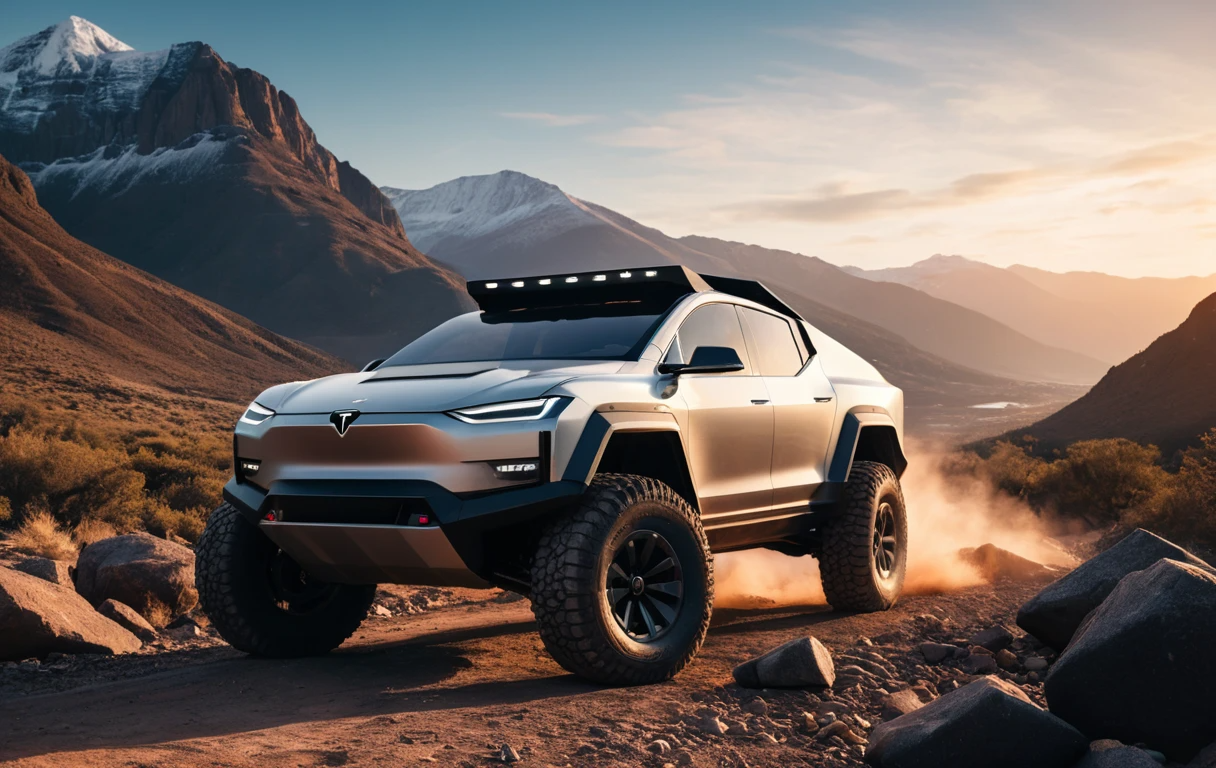 By Admin
Published January 18, 2025
By Admin
Published January 18, 2025
Tesla, renowned for revolutionizing the electric vehicle (EV) market, is now steering towards new frontiers: artificial intelligence (AI) and robotics. This strategic pivot reflects Tesla's ambition to transcend its identity as merely an automaker, positioning itself at the forefront of technological innovation.
The AI and Robotics Endeavor
Central to Tesla's new direction is the development of advanced AI systems and humanoid robots. The company aims to launch a self-driving robotaxi service by the end of 2025 and is progressing towards introducing humanoid robots to the market. These initiatives underscore Tesla's commitment to integrating AI into practical applications, potentially transforming various industries (source).
Implications for Tesla's Business Model
This strategic expansion into AI and robotics signifies a shift in Tesla's business model:
- Diversification: By venturing beyond automotive manufacturing, Tesla is diversifying its product portfolio, reducing dependency on vehicle sales.
- Technological Leadership: Emphasizing AI and robotics positions Tesla as a leader in cutting-edge technologies, attracting investors and talent interested in innovation.
- New Revenue Streams: Services like robotaxi operations and commercial robotics open up new avenues for revenue, aligning with future market trends.
Market and Investor Reactions
The market has responded positively to Tesla's strategic initiatives. Recently, Tesla's stock surged 6%, adding $80.2 billion to its market capitalization, which now stands at $1.41 trillion. This increase is attributed to investor enthusiasm for Tesla's advancements in AI and robotics, viewing these developments as pivotal for the company's future growth (source).
Challenges and Considerations
While the prospects are promising, Tesla faces several challenges:
- Regulatory Hurdles: Deploying AI-driven technologies, especially in transportation, requires navigating complex regulatory landscapes to ensure safety and compliance.
- Public Acceptance: The adoption of humanoid robots and autonomous services depends on public trust and acceptance, necessitating transparent communication and education.
- Technological Complexity: Developing reliable and ethical AI systems is inherently complex, requiring substantial investment in research and development.
Conclusion
Tesla's foray into artificial intelligence and robotics marks a transformative chapter in its evolution. By leveraging its innovative spirit, Tesla is poised to influence not just the automotive industry but also the broader technological landscape. As these initiatives unfold, Tesla's ability to integrate AI and robotics into everyday life will be a testament to its vision of a technologically advanced future.


